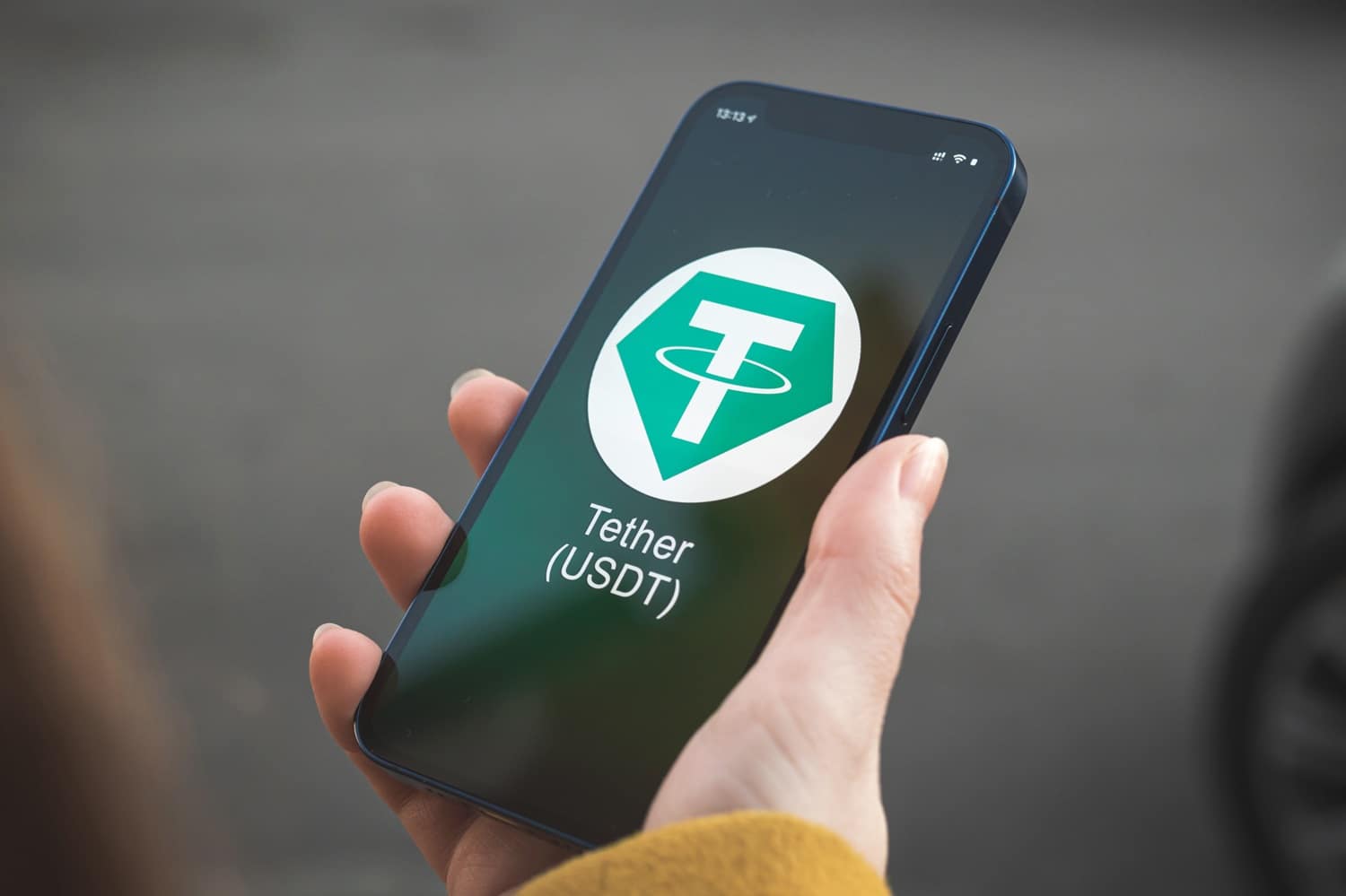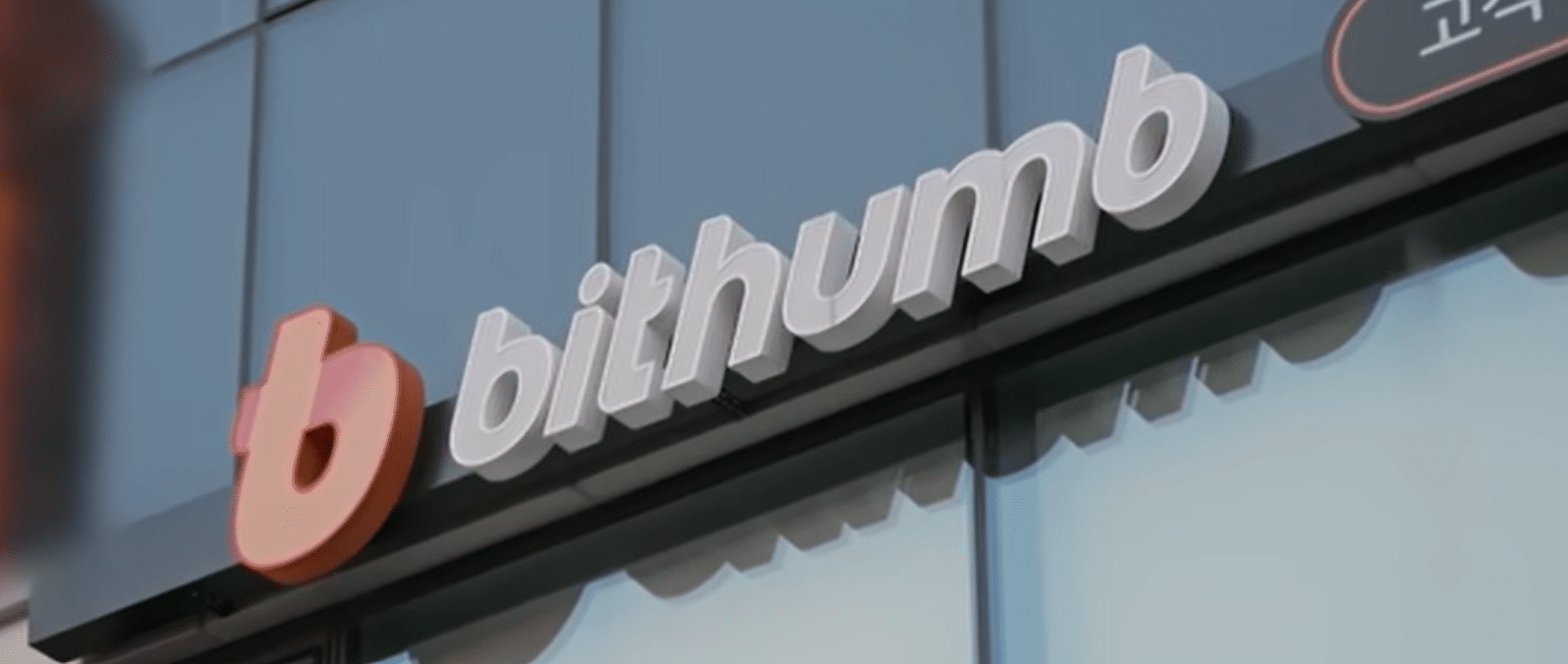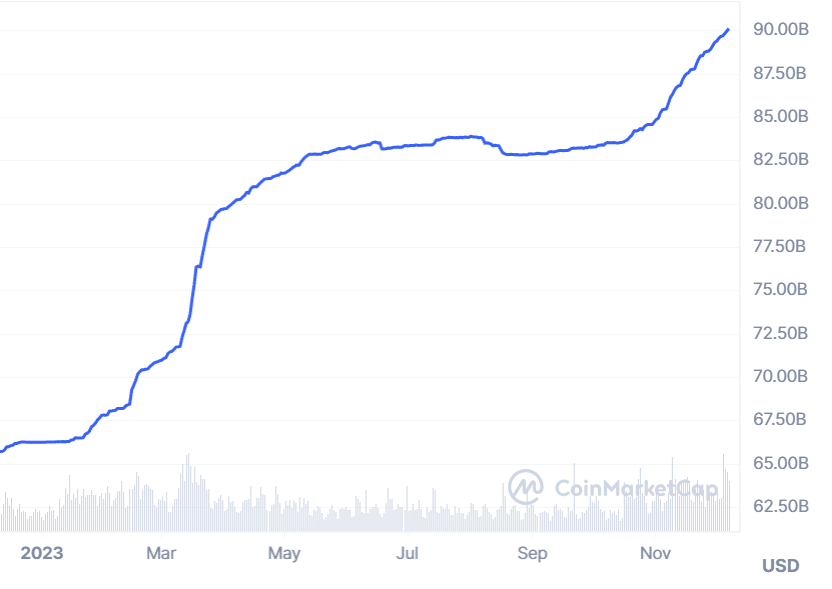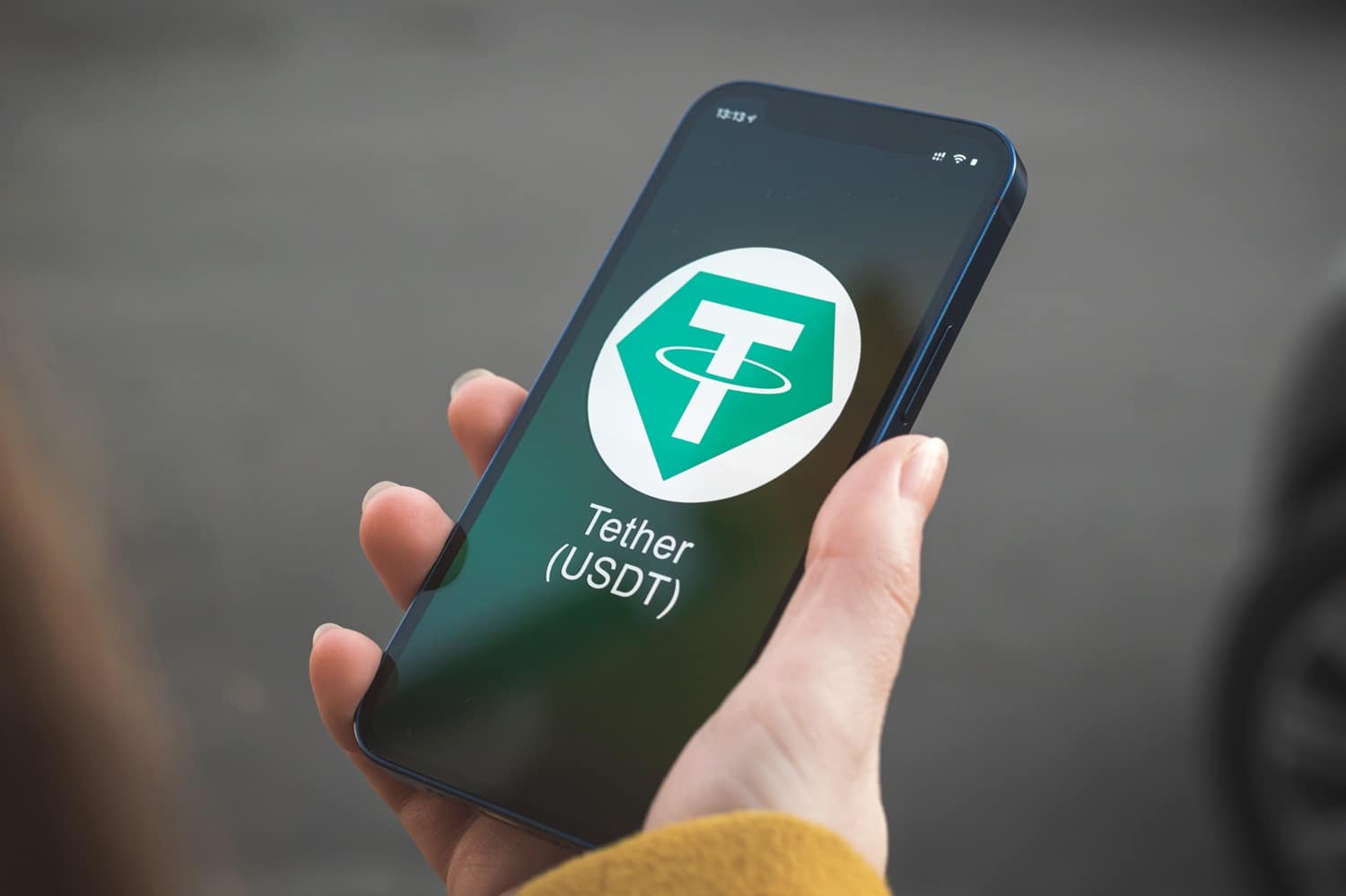More Major South Korean Exchanges Begin Listing USDT
Last updated: December 6, 2023 22:59 EST
. 2 min read


Another leading South Korean crypto exchange has listed the US dollar-pegged stablecoin USDT as global trading volumes begin to climb.
Per Kyunghyang Games, Bithumb – the second biggest exchange in the nation – launched support for the coin on December 7.
The listing follows Coinone’s November 30 listing of the coin. Both exchanges provide support for USDT on the Tron blockchain protocol.

Scrutiny of the coins listed on South Korean exchanges has risen in recent years, with trading platforms purging so-called “kimchi coins” in 2021.
These low-cap altcoins, popular mainly in South Korea, have gained notoriety, with many used as a vehicle for price manipulation.
Experts think regulators pressured South Korean exchanges to slim down their token offerings, leading to multiple delisting events.
Tether’s stablecoin has experienced some controversy regarding its USD reserves in the past.
But the South Korean exchanges appeared to shrug off concerns. Coinone was quoted as stating:
“Tether regularly updates its audit reports and publishes reserve details. Investors can check on [details such as] collateral and distribution volume.”
USDT Gaining Ground in South Korea?
USDT is popular in South Korea, as is the case in much of Asia, where many traders use the coin to trade Bitcoin on peer-to-peer markets.
But until very recently, most domestic crypto traders “had to send their assets overseas” and then use the proceeds for USDT “to trade in the coins of their choosing,” the media outlet wrote.
Bithumb posted some of its most sluggish financial results in years at the end of FY2023 Q3.
However, the platform appears to be hoping the USDT listing will revive its fortunes.

The exchange told customers they could receive fractional Bitcoin “cashback”-type rewards when placing maker orders.
The trading platform said the event was being held to mark the new listing, and would run until December 11.

The development comes in the wake of a customs service raid on a suspected international gambling ring that used USDT.
Officials think the ring paid online casino users winnings in USDT, which the ring swapped for fiat on an “illegal” Philippines-based crypto exchange.




